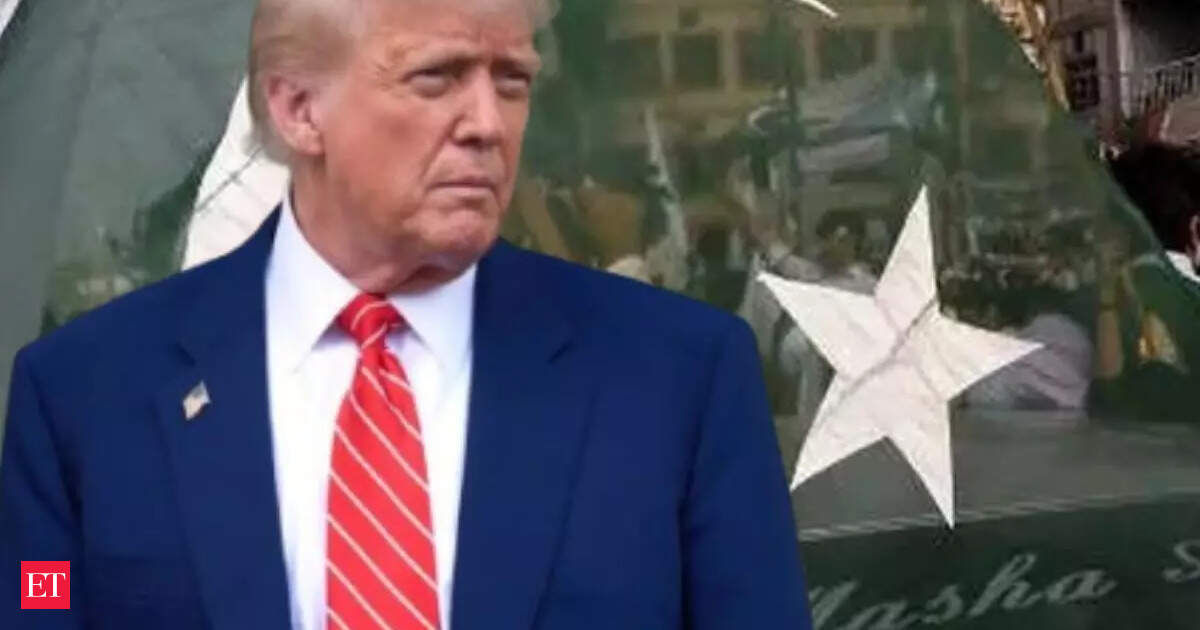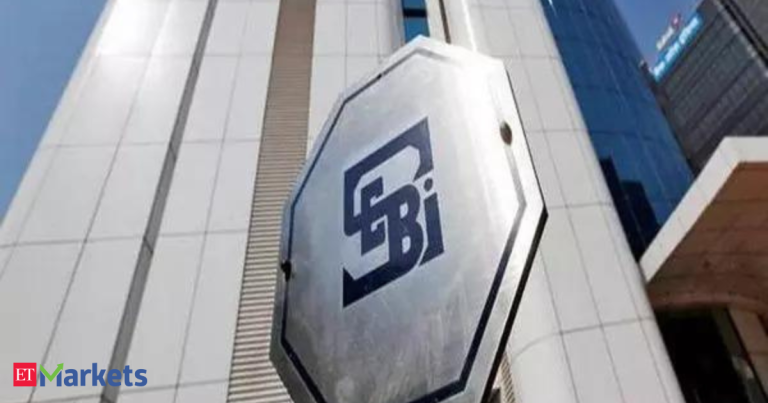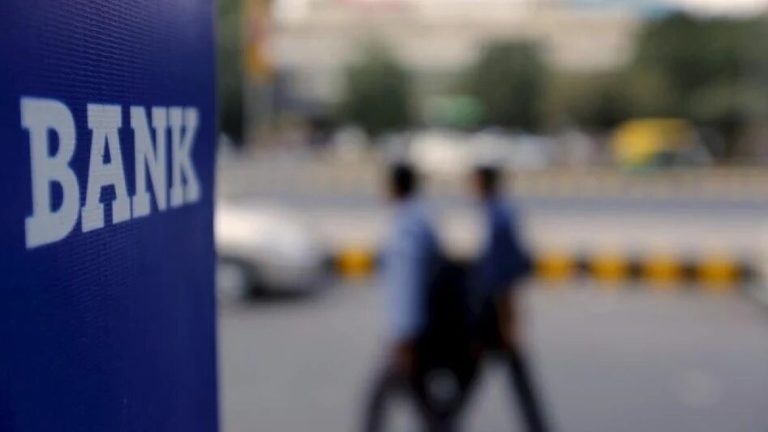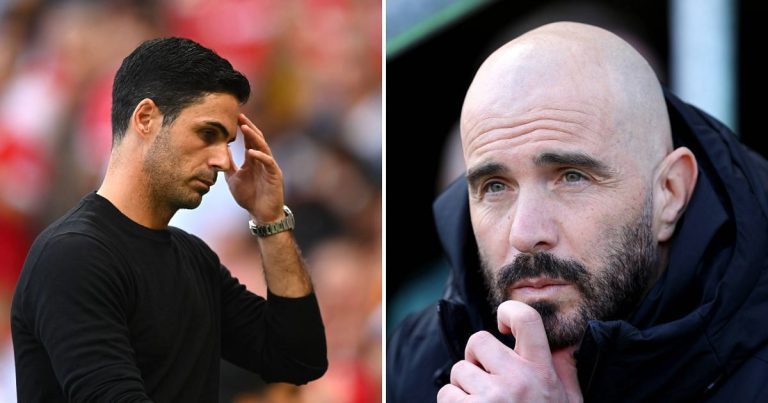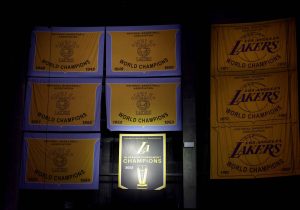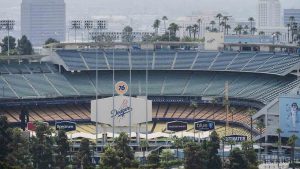This nomination comes despite Indian authorities disputing Trump’s claims of playing a significant role in easing tensions between the two nations.
Trump himself addressed the Nobel Prize question on Friday, stating he believes he deserves the award for several reasons, including his involvement with India and Pakistan, and for brokering a treaty between the Democratic Republic of the Congo and Rwanda.
“I should have gotten it four or five times,” the president said. “They won’t give me a Nobel Peace Prize because they only give it to liberals.”
Trump met Pakistan army chief earlier this week
In a rare move, former US President Donald Trump hosted Pakistan’s military chief General Asim Munir at the White House on Wednesday. The meeting came shortly after Munir suggested Trump be nominated for the Nobel Peace Prize. According to White House spokesperson Anna Kelly, Munir credited Trump for helping prevent a possible nuclear conflict between India and Pakistan during their brief military standoff in May.
The White House said the meeting was held in response to Munir’s comments praising Trump’s efforts in calming tensions between the two nuclear-armed nations.
India dismisses role of external mediation
Just before Munir’s visit, Prime Minister Narendra Modi had a 35-minute phone call with Trump. During the call, Modi made it clear that the ceasefire after the May 7–10 military exchange was achieved through direct talks between Indian and Pakistani military officials, not because of any third-party involvement.Foreign Secretary Vikram Misri later said that Modi repeated India’s long-standing position that it does not accept any third-party mediation on its disputes with Pakistan.
Trump claims US diplomacy defused crisis
Despite India’s statement, Trump told reporters that his efforts were key in easing the standoff. He said both countries were “going at it” and suggested his outreach played a crucial role in defusing tensions. Trump praised both Prime Minister Modi and General Munir, calling the outcome a shared success, though he said it was largely shaped by US diplomatic efforts.
